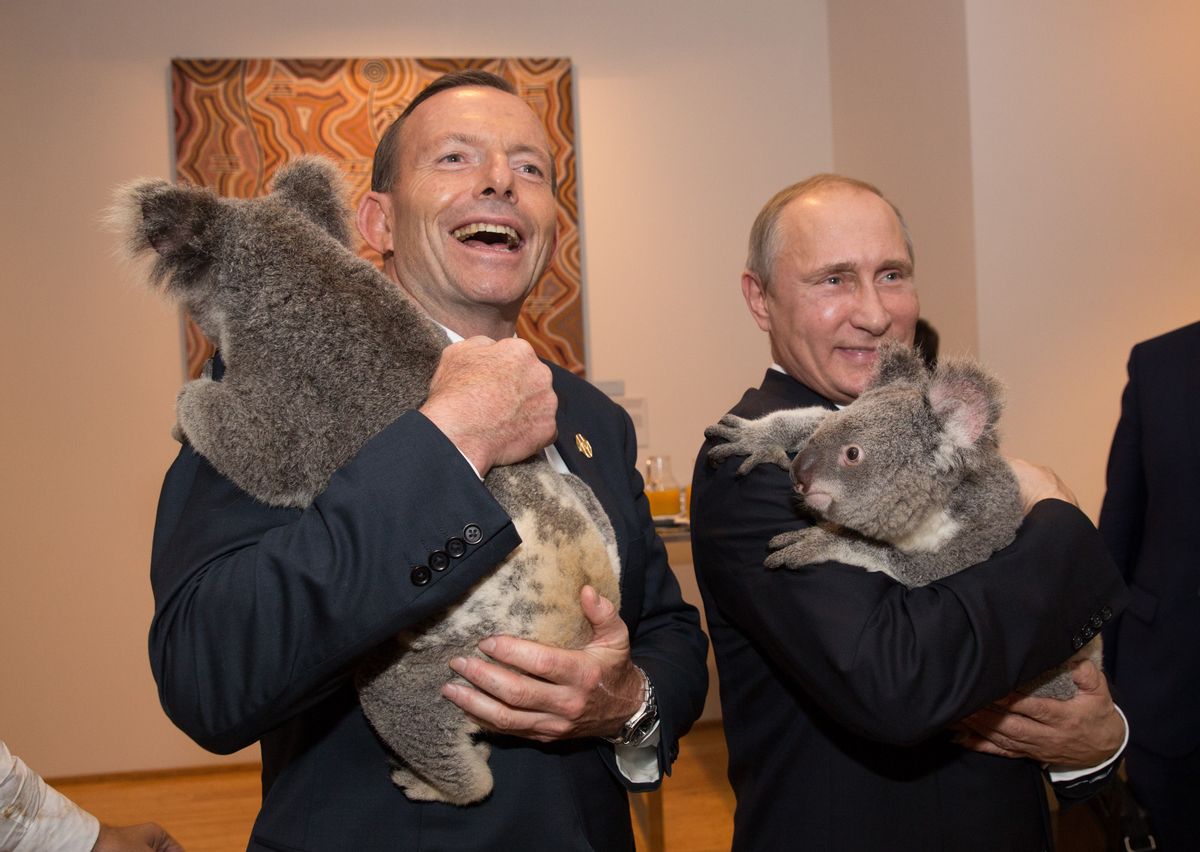Two years ago an Australian parliamentary inquiry pointed towards the possibility of koalas becoming extinct by 2050 and on Friday the indigenous marsupial was officially added to the endangered species list.
As with many other vulnerable species that have landed on the list before it, the decline in the koala population is widely thought to be caused by environmental stressors such as drought, bush fires and disease, according to The New York Times.
The switch in classification from vulnerable to endangered has led Australian government to take pro-active measures to pump the breaks on further rapid decline of the animal's numbers. The environmental department of Australia is moving forward with a recovery plan with the hope of better protecting the koala's natural woodland habitats.
A month prior to the official endangered ruling being made, Prime Minister Scott Morrison declared that Australia would put to use "50 million Australian dollars ($35.7 million) over four years to koala recovery and conservation efforts," as stated in The New York Times report.
Related: The Lord God bird and dozens of other species declared extinct in 2021
According to the Australian Koala Foundation, 30% of the koala population died in 2018, leaving roughly 58,000 koalas left.
Out of all the factors that led to this decline, bush fires in and around New South Wales, Queensland and the Australian Capital Territory are thought to have had the greatest impact.
"Australia must complete the transition out of deforestation and native forest logging to become a world leader in forest protection and restoration," Stuart Blanch, a conservation scientist with WWF-Australia said in a statement quoted by The Wall Street Journal.
Want a daily wrap-up of all the news and commentary Salon has to offer? Subscribe to our morning newsletter, Crash Course.
Although the Prime Minister is taking steps towards protecting against the complete loss of Australia's signature animal, some feel that it may be too little, too late.
"The change does nothing legally and [is] not backed by any legislative action needed to stop land clearing, which is the key reason for Koalas becoming homeless and then getting sick with disease," The Australian Koala Foundation said in a statement Friday.
Read more from Salon on environmental concerns:



Shares